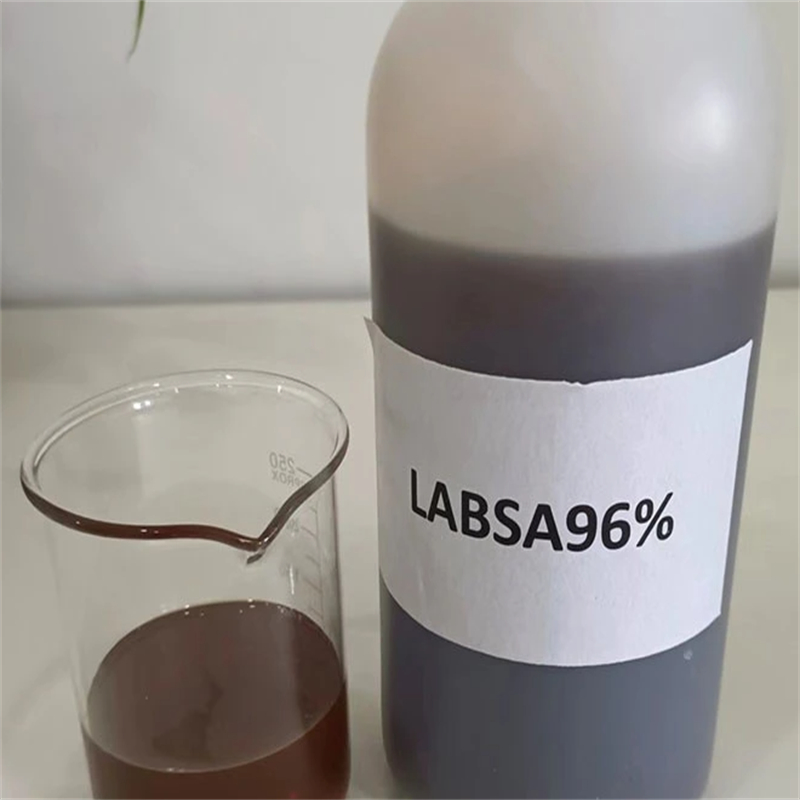Warning: Undefined array key "title" in /home/www/wwwroot/HTML/www.exportstart.com/wp-content/themes/1198/header.php on line 6
Warning: Undefined array key "file" in /home/www/wwwroot/HTML/www.exportstart.com/wp-content/themes/1198/header.php on line 7
Warning: Undefined array key "title" in /home/www/wwwroot/HTML/www.exportstart.com/wp-content/themes/1198/header.php on line 7
Warning: Undefined array key "title" in /home/www/wwwroot/HTML/www.exportstart.com/wp-content/themes/1198/header.php on line 7
- Afrikaans
- Albanian
- Amharic
- Arabic
- Armenian
- Azerbaijani
- Basque
- Belarusian
- Bengali
- Bosnian
- Bulgarian
- Catalan
- Cebuano
- China
- China (Taiwan)
- Corsican
- Croatian
- Czech
- Danish
- Dutch
- English
- Esperanto
- Estonian
- Finnish
- French
- Frisian
- Galician
- Georgian
- German
- Greek
- Gujarati
- Haitian Creole
- hausa
- hawaiian
- Hebrew
- Hindi
- Miao
- Hungarian
- Icelandic
- igbo
- Indonesian
- irish
- Italian
- Japanese
- Javanese
- Kannada
- kazakh
- Khmer
- Rwandese
- Korean
- Kurdish
- Kyrgyz
- Lao
- Latin
- Latvian
- Lithuanian
- Luxembourgish
- Macedonian
- Malgashi
- Malay
- Malayalam
- Maltese
- Maori
- Marathi
- Mongolian
- Myanmar
- Nepali
- Norwegian
- Norwegian
- Occitan
- Pashto
- Persian
- Polish
- Portuguese
- Punjabi
- Romanian
- Russian
- Samoan
- Scottish Gaelic
- Serbian
- Sesotho
- Shona
- Sindhi
- Sinhala
- Slovak
- Slovenian
- Somali
- Spanish
- Sundanese
- Swahili
- Swedish
- Tagalog
- Tajik
- Tamil
- Tatar
- Telugu
- Thai
- Turkish
- Turkmen
- Ukrainian
- Urdu
- Uighur
- Uzbek
- Vietnamese
- Welsh
- Bantu
- Yiddish
- Yoruba
- Zulu
Sep . 10, 2024 04:18 Back to list
Aspartame Calorie Information - Understanding Low-Calorie Sweeteners
Aspartame is a low-calorie artificial sweetener that has gained widespread popularity in the food and beverage industry. First approved by the FDA in 1981, aspartame is approximately 200 times sweeter than sucrose, making it an attractive choice for those seeking to reduce their sugar intake while still satisfying their sweet tooth. In this article, we will explore the calorie content of aspartame, its uses, and some considerations regarding its consumption.
.
Aspartame is composed of two amino acids, phenylalanine and aspartic acid, which occur naturally in many protein-containing foods. This characteristic has led to debates about the safety of aspartame, particularly its metabolic byproducts. However, regulatory bodies such as the FDA, World Health Organization (WHO), and European Food Safety Authority (EFSA) have extensively reviewed its safety. They have determined that aspartame is safe for the general population when consumed within established acceptable daily intake levels, which is 50 mg per kg of body weight as per the FDA guidelines. However, individuals with a rare genetic disorder known as phenylketonuria (PKU) must avoid aspartame, as they cannot metabolize phenylalanine effectively.
aspartame calorie

Despite the extensive research backing the safety of aspartame, it remains a controversial topic. Some studies have raised concerns about potential links to various health issues, including headaches, allergic reactions, and even cancer. However, numerous systematic reviews and meta-analyses have found no conclusive evidence to support these claims. Consumers should stay informed and consult healthcare providers if they have concerns about including aspartame in their diet.
In practical terms, aspartame serves as an effective sweetener for those managing diabetes, as it does not spike blood glucose levels. Many diabetic-friendly products use aspartame to replicate the sweetness of sugar without affecting blood sugar control. Additionally, its high sweetness potency means that only a tiny amount is needed to achieve the desired sweetness, further contributing to its low-caloric profile.
In conclusion, aspartame stands out in the realm of artificial sweeteners due to its significantly low-calorie content and vast applicability in various products. While it offers a means to enjoy sweetness without the calories associated with sugar, consumers are encouraged to consider their overall dietary patterns and health needs. With moderation and awareness, aspartame can be a valuable addition to a balanced diet, allowing individuals to indulge in sweet flavors while keeping their calorie intake in check.
Latest news
-
Certifications for Vegetarian and Xanthan Gum Vegetarian
NewsJun.17,2025
-
Sustainability Trends Reshaping the SLES N70 Market
NewsJun.17,2025
-
Propylene Glycol Use in Vaccines: Balancing Function and Perception
NewsJun.17,2025
-
Petroleum Jelly in Skincare: Balancing Benefits and Backlash
NewsJun.17,2025
-
Energy Price Volatility and Ripple Effect on Caprolactam Markets
NewsJun.17,2025
-
Spectroscopic Techniques for Adipic Acid Molecular Weight
NewsJun.17,2025

